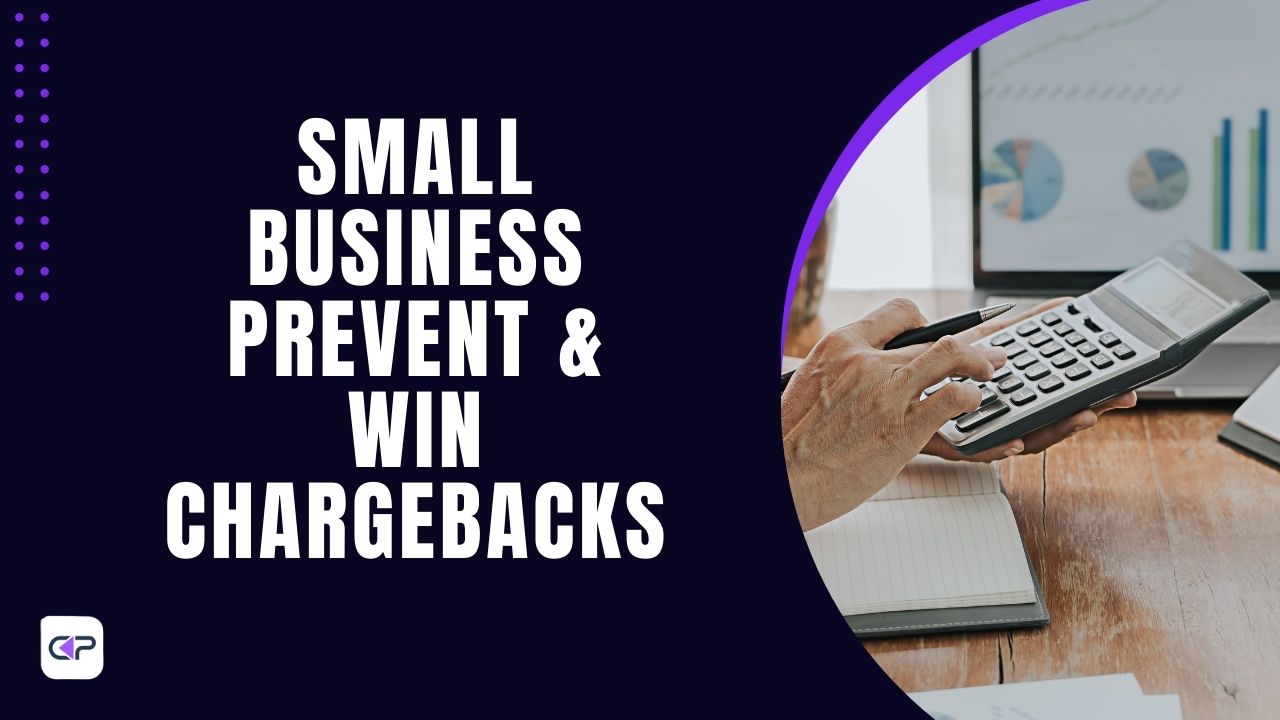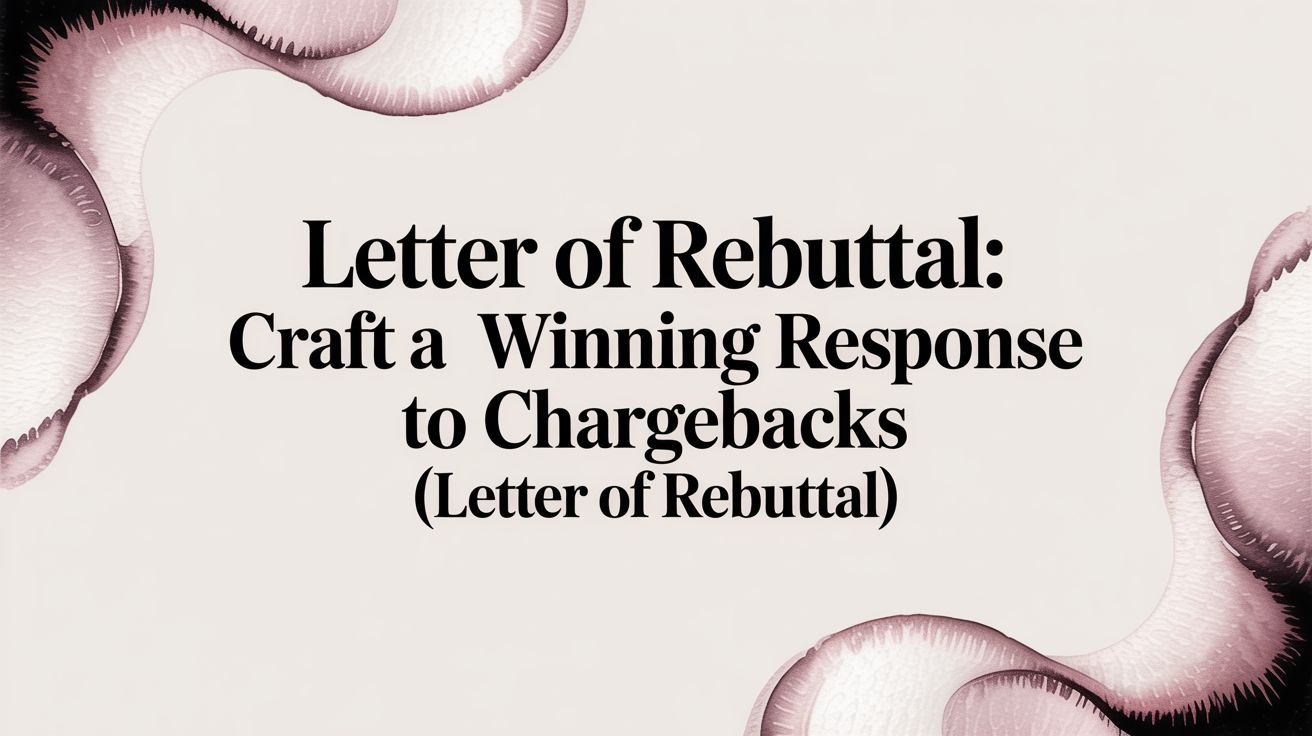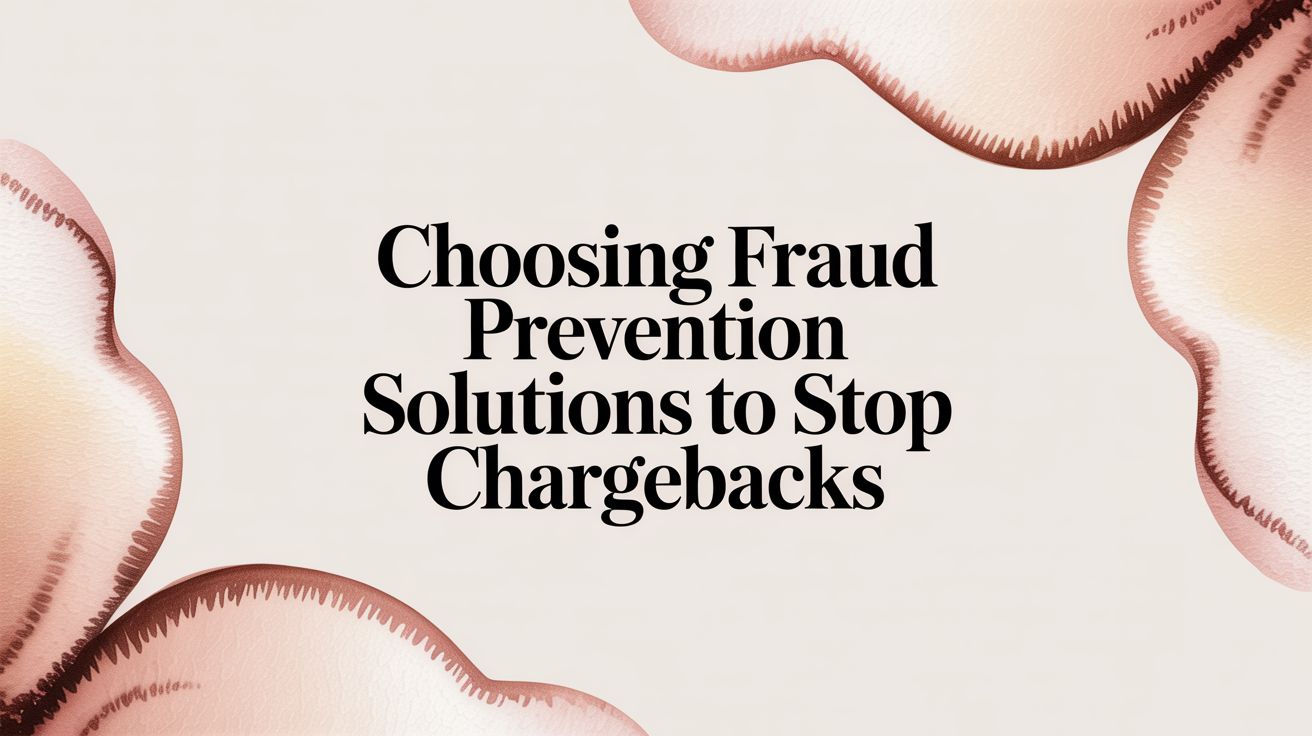
Chargebacks are a significant challenge for small businesses, often resulting in lost revenue, penalties, and damaged relationships with payment processors.
A chargeback occurs when a customer disputes a transaction with their bank or card issuer, leading to a reversal of funds from the merchant’s account.
For small businesses, the impact of chargebacks can be particularly severe, as they may lack the resources to manage disputes efficiently.
In this guide, we’ll explore how chargebacks affect small businesses, practical tips to avoid them, and proven strategies to navigate the chargeback process effectively.
Chargeback Effect on Small Businesses
Unlike larger corporations that have the resources to bear chargeback losses, small businesses face several immediate and long-term consequences. These include direct financial losses from refunded transactions but also associated fees, penalties, and potential damage to merchant accounts.
Chargeback penalties typically include administrative fees charged by payment processors, which generally range from $20 to $100 per chargeback. For small businesses, these fees will quickly lead to cash flow issues.
Additionally, if the chargeback rate exceeds 1% of total transactions, a business could face higher transaction fees, stricter contract terms, or even termination of its merchant account.
Losing a merchant account makes it more difficult for small businesses to process payments, directly affecting sales and long-term growth potential.
Beyond financial costs, chargebacks also damage customer relationships. A high number of chargebacks might signal dissatisfaction or mistrust from customers, which harms a business’s reputation.
Furthermore, handling disputes and managing the chargeback process consumes valuable time and resources, diverting focus from core operations.
Why They Are More Prone to It?
Small businesses are more vulnerable to chargebacks due to several factors. They often lack the sophisticated fraud detection tools and dedicated teams to prevent fraudulent transactions. This leaves them more exposed to chargeback fraud, where customers file disputes even after receiving products or services.
In addition, they may not have comprehensive return policies or dispute resolution processes in place, making it easier for customers to initiate chargebacks.
They also tend to process fewer transactions, so even a handful of chargebacks quickly exceed the 1% threshold, triggering penalties and higher fees.
Lastly, customers assume small businesses are less capable of challenging chargebacks, increasing exploitation by fraudulent.

Tips to Avoid Chargebacks
Implementing correct measures significantly reduces disputes and chargebacks.
Here are practical strategies small businesses can adopt to avoid chargebacks:
1. Clear and Accurate Product Descriptions
One of the most common reasons customers file chargebacks is due to dissatisfaction with the product or service received.
To avoid misunderstandings, ensure that your product descriptions, images, and specifications are detailed and accurate.
Include clear terms regarding delivery, warranties, and return policies to set realistic expectations from the start.
2. Provide Excellent Customer Service
Having a responsive customer service team prevents disputes from escalating into chargebacks.
Encourage customers to contact your business first if they encounter any issues. Offer multiple ways for them to reach out via phone, email, or live chat. A well-handled dispute at the customer service level is less likely to turn into a chargeback.
4. Follow Clear Billing Practices
Confusing or incorrect billing information leads to customers disputing charges. Ensure that your business name on the customer’s credit card statement matches the name they recognize.
Include clear transaction descriptors to avoid confusion, and send confirmation emails that summarize order details, pricing, and estimated delivery times.
5. Maintain Comprehensive Records
Having thorough documentation will greatly improve your chances of winning the case.
Keep detailed records of transactions, delivery confirmations, communications with customers, and proof of product or service delivery.
6. Offer Transparent Return and Refund Policies
A well-defined return policy minimizes chargebacks due to dissatisfaction. Make sure your policies are prominently displayed on your website and are clearly communicated during the purchase process.
If customers know they can return a product easily, they are less likely to initiate a chargeback.
8. Use Secure Payment Methods
Encourage customers to use secure payment methods, such as credit cards with EMV chips or digital wallets that offer additional layers of authentication.
These methods are harder to manipulate and provide better protection against fraud, lowering the risk of chargebacks.
Winning Strategies for Small Scale Business
While chargebacks are inevitable, adopting winning strategies helps resolve disputes.
Here are some practical strategies that small businesses can use to win disputes:
1. Understand Chargeback Reason Codes
Each chargeback comes with a reason code that explains why the customer initiated the dispute.
Familiarize yourself with these codes as they differ across card networks (e.g., Visa, Mastercard). Understanding the specific reason allows you to respond more effectively by addressing the root cause of the dispute.
Whether it’s a case of fraud, merchandise not received, or a technical issue, tailoring your response to the reason code improves your chances of success.
2. Respond Quickly and Accurately
Time is critical when it comes to chargeback disputes. Payment processors typically provide a short window, often 7-10 days, to respond to a chargeback.
Ensure you have a streamlined process in place for gathering evidence and submitting it within the required timeframe.
Missing a deadline or submitting incomplete information drastically reduces your chances of winning the case.
3. Monitor Chargeback Patterns
Track patterns in chargeback activity. If you notice recurring issues, such as a particular product or service being frequently disputed, investigate further.
This might point to issues with product quality, shipping times, or miscommunication in your terms of sale.
By addressing these underlying problems, you can reduce future chargeback occurrences.
4. Leverage ChargePay for Efficient Chargeback Management
For small businesses looking for a robust solution to handle chargebacks efficiently, ChargePay offers a complete chargeback management system. Utilizing advanced AI technology, ChargePay provides real-time fraud detection, predictive analytics, and automated dispute resolution. The platform helps businesses identify potentially fraudulent transactions before they escalate, minimizing chargeback rates.
ChargePay also automates the collection and submission of evidence, making the dispute process faster and more accurate. By streamlining chargeback management, ChargePay allows businesses to focus on core activities while protecting their revenue and merchant accounts from unnecessary chargebacks.
Ready to take control of your chargeback management? Book a demo with ChargePay today and see how you can prevent and win chargebacks with ease!







.svg)







.svg)
.svg)
.svg)